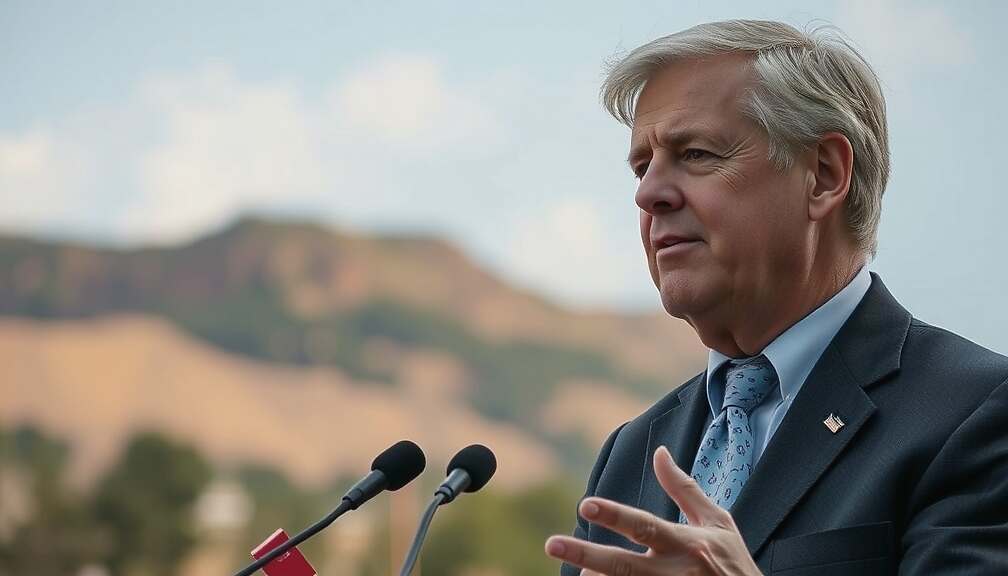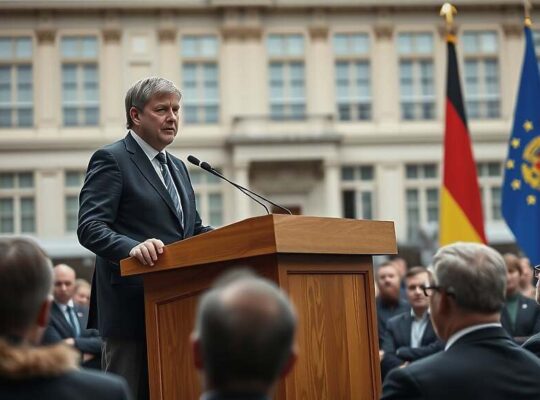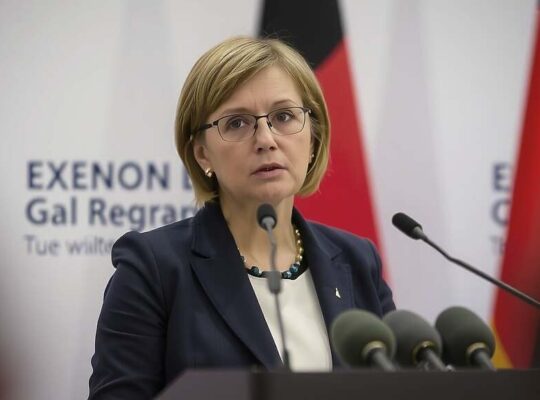Markus Söder, leader of the Christian Social Union (CSU), has expressed reservations regarding the potential deployment of German soldiers in Ukraine. Speaking on Sunday, Söder indicated a cautious stance, questioning both the Bundeswehr’s capacity to make a substantial contribution and the overall suitability of such a move. He emphasized that any involvement would be contingent upon the participation of the United States.
Turning to the topic of conscription, Söder asserted the necessity of reintroducing mandatory military service to effectively defend both national and NATO borders in the long term.
Regarding his relationship with Friedrich Merz, leader of the Christian Democratic Union (CDU), Söder characterized it as “historically the best” between CSU and CDU leaders, at least for the past three decades. He addressed the recent decision by Merz to partially halt arms exports to Israel, noting it was a policy decision that ultimately requires respect, despite not being consulted in advance. Söder underscored the CSU’s firm position against any sanctions targeting Israel or a weakening of the special relationship between the two countries, a contrast to demands voiced by some within the Social Democratic Party (SPD).
In terms of foreign policy, Söder awarded the current German government and Chancellor Merz specifically, a strong performance assessment, highlighting a marked improvement compared to its predecessor. Reacting to Merz’s recent comments at a CDU party conference regarding the government’s accomplishments, Söder drew a parallel to a football match: “We had a very good start, but conceded a few unfortunate goals, starting with the electricity price and continuing with the judicial elections, which understandably unsettled the mood.
Söder affirmed that the CSU is not dissatisfied with the government’s work, noting the party’s significant contributions to policy implementation. He alluded to past instances of perceived disadvantage under the previous coalition government, particularly from the Green Party, a situation he believes has now been resolved.












